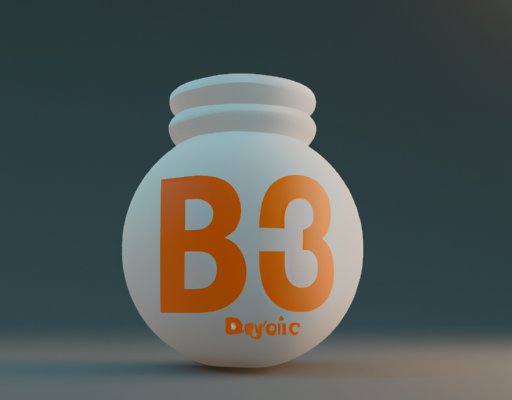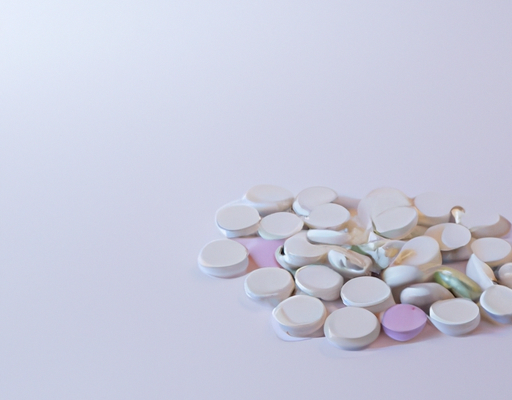What is skin irritation?
Skin irritation is a common skin condition that can affect anyone, regardless of skin type. It is characterized by redness, itching, burning, and dryness. It can range from mild to severe, and can be caused by many different factors, including allergies, sun exposure, and skin conditions such as eczema and psoriasis. Skin irritation can also be caused by something as simple as improper skin care or cold weather. If your skin is feeling irritated, it is important to identify the cause to determine the best course of action to take. While some skin irritation cases can clear up on their own, others may require medical attention.
The causes of skin irritation
There are various causes of skin irritation, some of which are environmental, while others are due to certain health conditions. To ensure that your skin stays healthy and irritation-free, it’s important to understand the different sources of skin irritation. Here are the most common causes of skin irritation:
- Environmental factors, such as exposure to extreme temperatures, humidity, or air pollutants
- Skin-care products, such as fragrances, soaps, and facial cleansers
- Allergies, such as eczema, food allergies, and insect bites
- Infections, such as bacterial or fungal infections
- Chemical exposure, such as poison ivy, nickel, and latex
- Medical conditions, such as diabetes and psoriasis
If you’re experiencing skin irritation, it’s important to identify the cause so you can determine the best course of treatment. Eliminating triggers and avoiding further skin irritation is key to managing the condition.
Signs and symptoms
Your skin is the largest organ of your body and also the most sensitive one. It can become irritated without any warning. To know if your skin is irritated, it is important to be aware of the signs and symptoms. Below are some symptoms you should look out for:
- Redness of the skin
- Pain or burning sensation
- Itching or tingling
- Rash or bumps
- Dry, cracked skin
- Peeling or flaking skin
- Blisters or hives
If you experience any of the above symptoms, it is a sign that your skin is irritated. In such cases, it is important to immediately apply a moisturizer and consult a doctor to determine the cause of the irritation and to receive the proper treatment.
Home remedies to try
If you think that your skin is irritated, there are few things you can do to determine the cause and help relieve the symptoms. Home remedies, such as reducing stress and avoiding harsh chemicals, can often help with mild skin irritation. You can also try applying cold compresses to the affected area which can reduce inflammation, or applying a gentle moisturizer to soothe the skin. Natural products, such as soothing oils and aloe vera, can also be beneficial and help to soften and nourish your skin. If these home remedies do not alleviate the symptoms, then it’s important to see a doctor to determine the cause of your irritated skin.
When to see a doctor
When it comes to skin irritation, it’s important to know when to seek professional medical advice. If you are dealing with a skin issue that just won’t go away, it’s time to seek help. Here are some times when you should see a doctor right away:
- If the irritated skin is red, hot, and swollen.
- If the skin is oozing or discharging pus or other fluids.
- If the irritation is accompanied by a fever.
- If the irritation is accompanied by significant pain.
- If the irritation is occurring in the area of an open wound.
- If the irritation is affecting your breathing.
- If the irritation is accompanied by a lump or bump.
- If the irritated skin is spreading rapidly.
It is important to note that skin irritation can be caused by a variety of factors, so it is important to get a proper diagnosis from a doctor. If you are experiencing any of the above symptoms, it is important to seek immediate medical attention. By seeing a doctor, you can get a proper diagnosis and treatment plan so that you can get your skin back to its healthy state.





No Comments